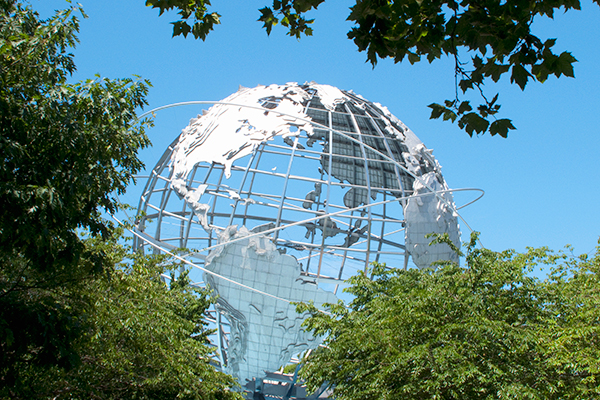We are facing a ‘silent tsunami’, according to the head of the World Food Programme, the Economist, and many of the broadsheets this morning. Indeed, our most recent RSA Journal featured an article on food security which argued that we need a new politics of food in Britain. One which ‘integrates individual behaviour within the planet’s needs and capacities.’
The debate on food security strikes me as emblematic of our agenda at the RSA in terms of promoting sustainable, pro-social behaviour, and local solutions for a globalised world. This is because food cuts to the very core of our society at every level.
The newspapers today have been preoccupied with the rising costs of staple foods, a situation caused by a confluence of global issues ranging from bio-fuel production to draughts in Australia to Westernising diets in Asia. But food occupies a much deeper psychological space in our life; we are defined by what we eat. To a certain extent this has always been true, but the issue is ever more acute as we see the impact of our food choices on the environment, and vice versa.
So for example, the environmental lobby, were (and are) particularly concerned about the introduction of GM crops. The media responded with a flurry of headlines about ‘franken-food’ and ‘jumping genes’ and as a result most people would now refuse to eat ‘GM’ products. However, with a basic understanding of science, and a rational response to risk analysis, most people would come to the conclusion that the benefits of increased supply, not to mention draught and pest resistance, outweigh the concerns. Obviously there are larger issues around patents for seeds etc but this can’t be properly discussed until we re-open the GM debate.
A debate is currently emerging on the RSA Networks Platform on sustainable food supplies – should we be returning to increased self sufficiency (yesterday there were reports that people are buying more vegetable seeds in a time of economic crisis and Jamie Oliver induced gardening)?
In an increasingly urbanised world, how do we reconcile where our food comes from, and how can we as individuals make choices which are best for us (in terms of health) and sustainable for the world? What is clear is that we need an open and rational debate which puts reason and sustainable development at the centre of our food policies, and I’m sure many of the Fellows will have important contributions to make on this issue.
Related articles
-
Our Common Ground
Sir Ian Cheshire
Our Common Ground, a new progress report from the RSA Food, Farming and Countryside Commission's emerging thinking as we reach the half way point of our inquiry
-
A citizens’ economy for tomorrow’s world
Kenny McCarthy
For the final challenge of the Citizens’ Economic Council, we’re crowdsourcing your ideas on how we can shift the incentives within our economy to meet the needs of tomorrow.
-
Join a history of enlightened thinking
Alexandra Barker
What do you say to people when you talk about the RSA? Do you mention a great lecture you’ve seen, a Fellow you’ve met or perhaps share an animate online? It’s easy when you’ve got an example but sometimes when you’re on the spot, it can be difficult to in articulate all the many aspects of the RSA’s work. It’s a multi-layered, multifaceted organisation that is governed from a huge house which can feel like a bit of a labyrinth - so where do you begin?




Be the first to write a comment
Comments
Please login to post a comment or reply
Don't have an account? Click here to register.